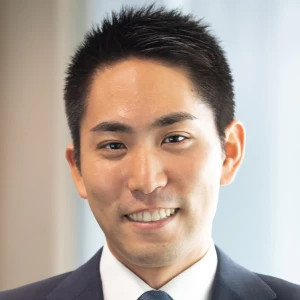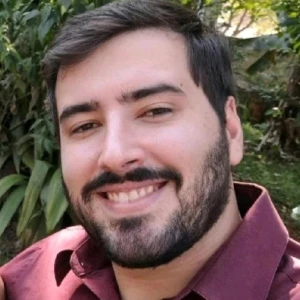Hello everyone! I am finalizing my PhD in acoustic engineering, and before I enrolled for this degree I was a researcher at Siemens. Because of this background, I do not have many leadership experiences related to my professional career, except for mentoring two students.
I have some leadership stories coming from my hobbies (for instance, leading a group of people when scuba diving), from my high school period (I used to be the leader of a small PR team for some discotheques, and I was involved in my institute "politics"), or from my university period (I was a volunteer for Erasmus Student Network - ESN, and I was involved in the organization and management of trips and small events for foreign students).
Frankly speaking, none of the previous experience sounds amazing, with one exception: when at ESN, we organized the so-called annual general meeting, calling all ESNers from all over Europe in Milan (it's one of the big event of the network). I was on the organizing committee, and I was also the leader of a spin-off project, a start-up competition. Organizing this start-up competition was quite an experience, involving institutional partners. However, due to circumstances (only partially related to me and my team), the project derailed just at the end.
I was wondering whether I should prepare this story about the start-up competition even if it was not a success, or if it is better to focus on the other stories, which frankly speaking are way less exciting...
Thanks a lot to everyone who will answer, especially people with previous PEI experiences!























